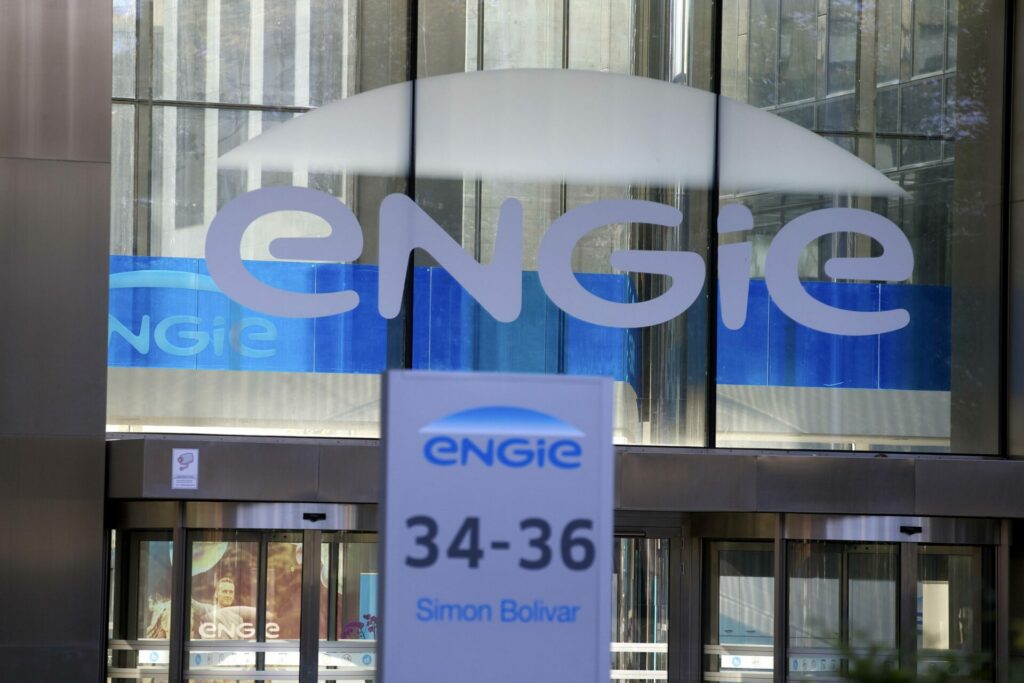The energy company Engie is debating whether to appeal the Nuclear Utilities Commission's (CNV) recent review which demands €3.3 billion from the energy supplier for the future decommissioning of nucler reactors. This is said to have further complicated ongoing negotiations between Engie and the Federal Government over nuclear extension until 2035.
With energy supplier Engie and the Federal Government still at loggerheads over the proposed and previously agreed upon extension of the Doel 4 and Tihange 3 nuclear reactors, a ruling by the CNV has further sullied matters.
On Tuesday, the CNV announced that Engie would have to provide a further €3.3 billion for provisions linked to the shutting down of nuclear power plants and disposal of nuclear waste. This is the result of the CNV's three-year review of nuclear provisions.
This ruling has however drawn the ire of the energy supplier who view the amount as far too high. Based on their calculations, they should only have to increase their investment for the nuclear phase out by €900 million. As a result, the company will now submit their own proposal and are considering whether to lodge an appeal to the Brussels Court of Appeal.
Related News
- Engie approaching record breaking €100 billion in revenue during 2022
- Government to propose 'micro-extension' of Belgium's nuclear reactors
- Calls to extend nuclear reactors anger Belgian green parties
As this is the first time the energy supplier has rejected to a proposal by the CNV, Engie has stated that they are already under sufficient financial pressure due to the European tax on energy excess profits. In their view, this will result in them losing up to €1.5 billion in 2023. This is despite their third quarter results in 2022 showing a record breaking €100 billion in revenue for the company throughout the year.
Furthermore, the company is demanding €1.3 billion in compensation from the Federal Government for additional costs linked to nuclear waste disposal, as set out in both parties' 'agreement in principle' for the extension of nuclear reactors.
As a result, all eyes now turn to the end of December, date at which the framework for this nuclear extension is supposed to be agreed by.

